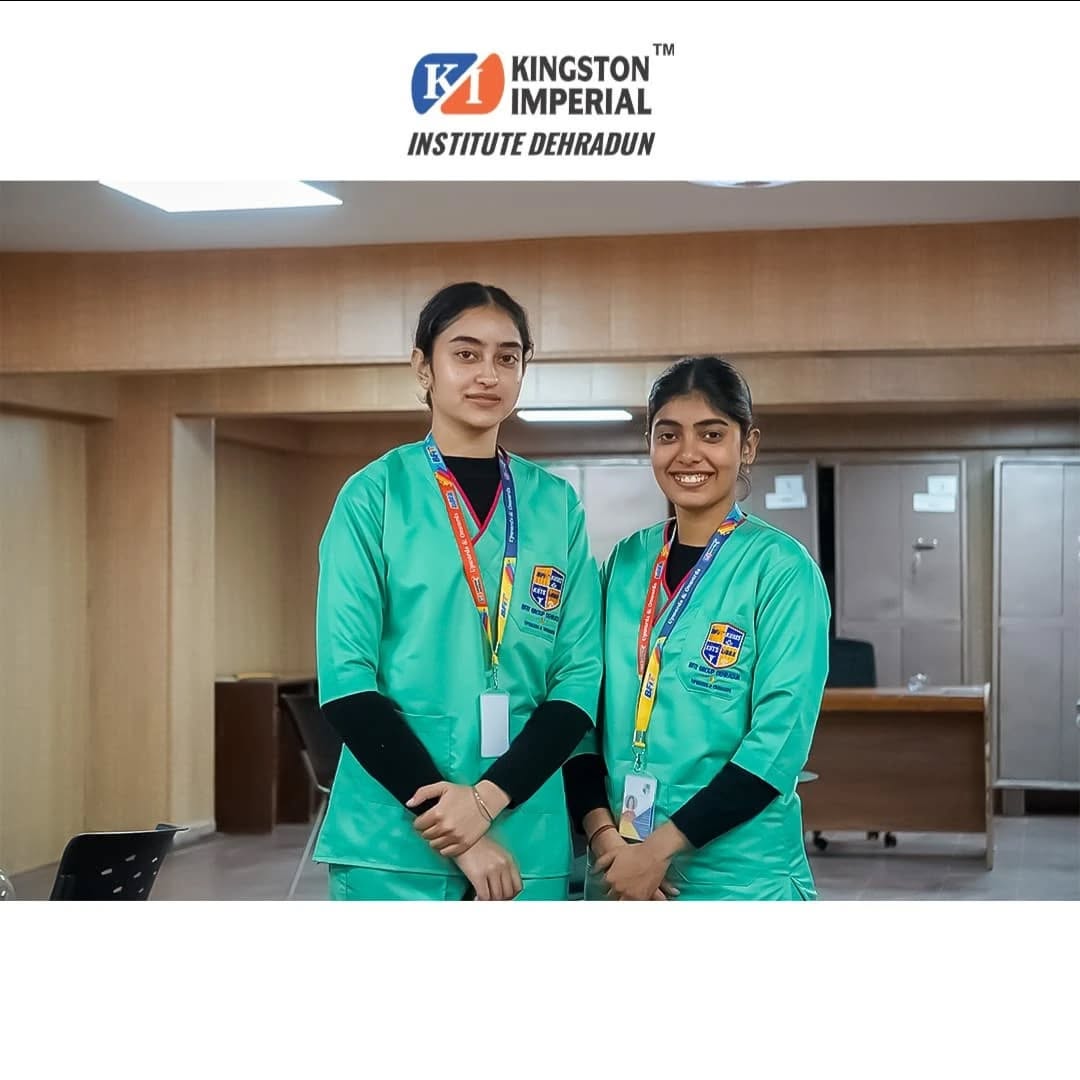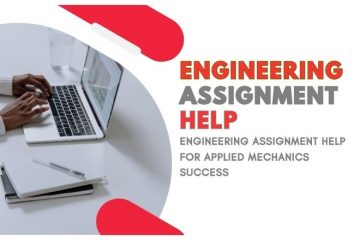If you are interested in helping people, working in hospitals, or want to be part of the healthcare field, then paramedical courses are a great option. But many students and parents are confused about what paramedical means and what the career options are. This blog will answer the most common questions in a simple and clear way, so you can understand everything about paramedical courses easily.
Let’s get started with the 10 most asked questions.
1. What Are Paramedical Courses?
Paramedical courses are job-oriented courses related to the medical field, but they do not make you a doctor. Instead, they train you to become a skilled worker who supports doctors and nurses. These courses prepare you for roles like lab technician, radiographer, physiotherapist, nurse, optometrist, and more. Paramedical staff are important members of the healthcare team and help treat patients in many ways.
2. Who Can Join Paramedical Courses?
Students who have completed class 12th can apply for most paramedical courses. Some courses require science in 12th with biology, but others may be open for students from any stream. It is always a good idea to check the eligibility for each course. You should also have interest in helping people, working in hospitals, and learning practical skills.
3. What Are the Most Popular Paramedical Courses?
There are many paramedical courses to choose from. Some of the most popular ones include:
- B.Sc Nursing
- Bachelor of Physiotherapy (BPT)
- B.Sc Optometry
- B.Sc Medical Laboratory Technology (BMLT)
- B.Sc Radiology
These courses usually take 3 to 4 years to complete and include both theory and practical learning.
4. How Are Paramedical Courses Different from MBBS?
MBBS is a long course to become a doctor. It takes 5.5 years to complete and requires a high NEET score. Paramedical courses are shorter, more practical, and focus on specific medical roles like lab work, patient care, or eye testing. You do not need to become a doctor to join a paramedical course, but you can still work in hospitals and healthcare centers and earn a good income.
5. What Kind of Jobs Can I Get After a Paramedical Course?
After completing a paramedical course, you can get jobs in:
- Hospitals
- Diagnostic labs
- Clinics
- Rehabilitation centers
- Eye care hospitals
- Radiology labs
- Blood banks
- Research labs
- Nursing homes
Some job roles include lab technician, radiographer, physiotherapist, nurse, optometrist, and medical assistant.
6. What Is the Salary After Doing a Paramedical Course?
Your salary depends on the course, the job role, and where you are working. In the beginning, you may earn between ₹15,000 to ₹30,000 per month. With experience and better skills, your income can grow. Many students also go abroad after some years and earn higher salaries. Paramedical jobs are stable, and the demand is growing every year.
7. Are These Courses Available in All States?
Yes, you can find paramedical colleges in almost every state in India. However, some states have become more popular for paramedical education because of good colleges, modern labs, and peaceful learning environments. For example, Uttarakhand is known for offering quality education in nursing, lab technology, physiotherapy, and more. Many students from across India come here for study.
8. Is Practical Training Given in Paramedical Courses?
Yes, practical training is a major part of paramedical education. These courses are not just about reading books. You learn by doing — working in labs, using machines, treating patients, and learning real hospital procedures. Colleges also send students for internships in hospitals, where they get hands-on experience. This helps students feel confident and ready for jobs.
9. Do I Need NEET to Join a Paramedical Course?
In most cases, no, you do not need NEET to join a paramedical course. NEET is required for MBBS, BDS, and some other medical degrees. But many paramedical courses have direct admission or use merit from your 12th marks. This makes it easier for students who want a healthcare career without the stress of entrance exams.
10. Can I Study Further After a Paramedical Course?
Yes, after completing your paramedical course, you can do a master’s degree or diploma to grow in your career. For example:
- After B.Sc Nursing, you can do M.Sc Nursing.
- After a BPT course, you can do MPT (Master in Physiotherapy).
- If you finish a B.Sc Optometry program, you can study further to specialize in eye care.
- After completing a Radiology program, students can upgrade their skills in medical imaging.
- If you take the BMLT program in Dehradun, you can also pursue advanced lab technology or research-based studies.
Further studies give you better job roles and higher salaries.
Final Thoughts
Paramedical courses are a smart and practical choice for students who want to enter the healthcare field. These courses are easier to access than MBBS, cost less, take less time, and still offer excellent job opportunities. Whether you want to be a nurse, a lab technician, a radiographer, or a physiotherapist, there is a course for you.
With more hospitals, clinics, and health awareness increasing in India, the demand for trained paramedical staff is only going to rise. If you are serious about your future and want a stable and respected career, this is the right path to choose.
A Quick Note About KIIMS
Kingston Imperial Institute of Medical Sciences (KIIMS) is a well-known paramedical college located in Dehradun, Uttarakhand. It offers various career-building courses like B.Sc Nursing, BMLT, B.Sc Optometry, Radiology, and Physiotherapy. KIIMS provides students with quality education, real hospital training, and support to build strong careers in the healthcare field. With experienced teachers and modern labs, KIIMS is helping shape the future of healthcare professionals.
Visit: https://www.kiims.in/common-mistakes-ot-students-should-avoid-in-training/





